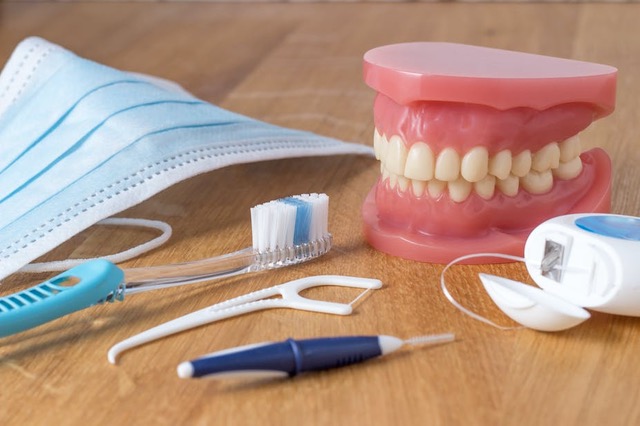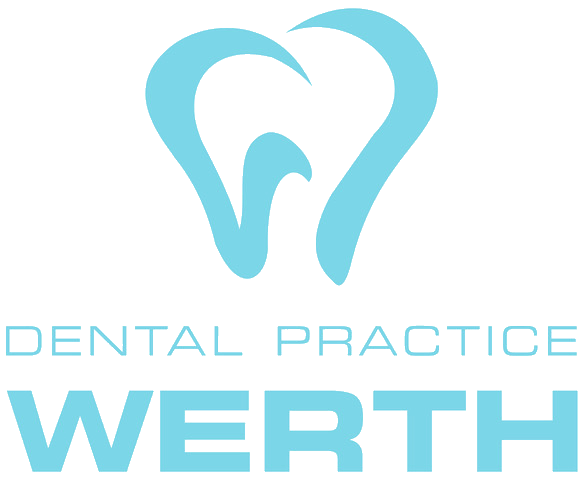Oral hygiene
Good oral health helps you enjoy life. It lets you: speak clearly; taste, chew, and swallow delicious and nutritious foods; and show your feelings through facial expressions such as smiling.
If you protect your oral health with good oral hygiene practices (brushing and flossing), the odds are in your favor you can keep your teeth for a lifetime.
Brush Your Teeth
To keep your teeth healthy, it is important to remove dental plaque, a sticky, colorless film of bacteria. Plaque buildup can cause tooth decay and gum disease.

Did you know...
Even teeth that already have fillings are at risk for tooth decay. Plaque can build up underneath a chipped filling and cause new decay. And if there are areas in your mouth where your gums have pulled away from the teeth (called gum recession), the exposed tooth roots can decay as well.
Dental plaque is hard to see. You can see it more easily if you stain it. After you brush your teeth, chew “disclosing tablets” (which you can buy at a drug store), or brush with a special disclosing toothpaste. The color will show you where there is still plaque, and you can then brush those areas again to remove it. (Parents – Disclosing tablets can also be very helpful for teaching children how to do a good job brushing their teeth!)
Brushing tips:
- Use fluoride toothpaste. Fluoride is what protects teeth from tooth decay (cavities). It prevents decay by strengthening the tooth’s hard outer surface, called enamel.
- Angle the bristles toward the gumline, so they clean between the gums and teeth.
- Brush gently using small, circular motions. Do not scrub hard back and forth.
- Brush all sides of each tooth.
- Brush your tongue.


